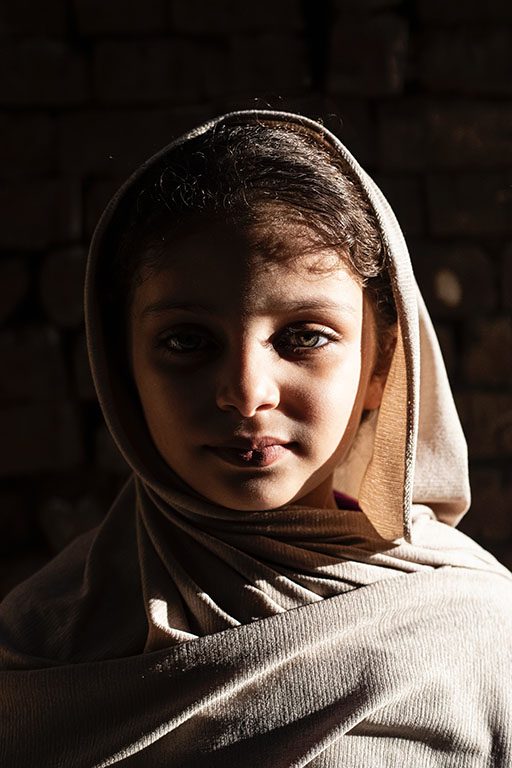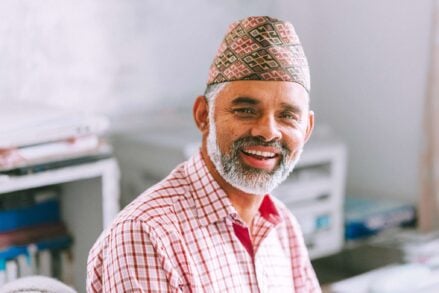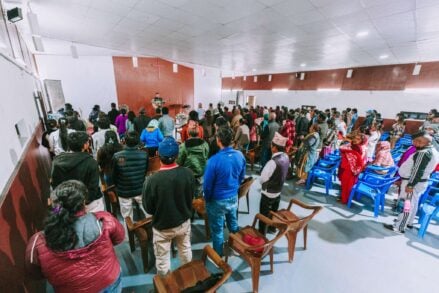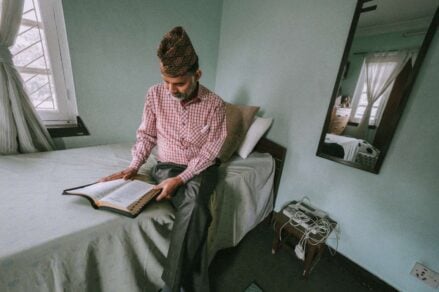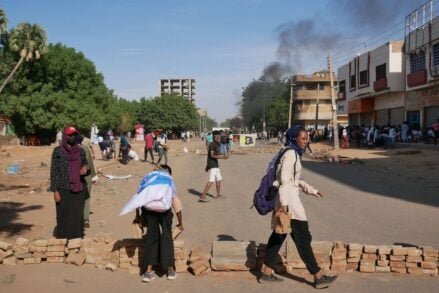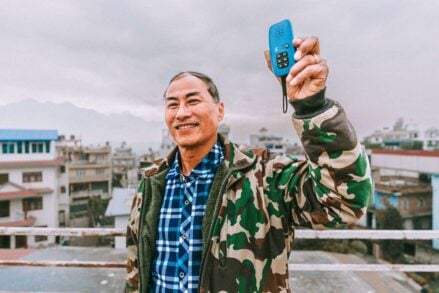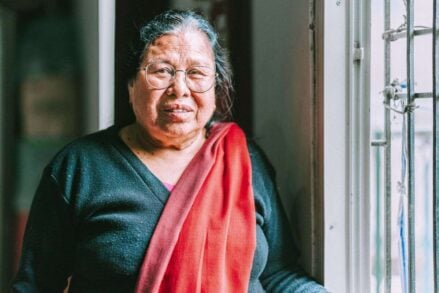The one-hour mark came and went, and Shenouda and his family grew worried. Family members called Mirna’s phone, but she never answered. When they checked with the church, priests and other churchgoers said Mirna was never there.
Earlier that day, as Mirna had approached the church, two women and a man sprayed her in the face with potent anesthetics and shoved her into a tuc-tuc (a motorized rickshaw).
She woke up on a train to Cairo. Cleverly, she pretended to be unconscious, and at the next stop, she was able to slip away without her kidnappers noticing.
While Mirna was able to stage an escape from three people who could have easily overpowered her physically, others are not so lucky.
Kidnapping Fears
The panic felt by Shenouda and his family is nothing new for many Coptic families. Over the last several years, hundreds of Christian young women have been reported missing from various communities around Egypt in what World Watch Monitor calls a recurring phenomenon.
Vivian Adel Youssef, 18, never returned from her secondary school.
Briskam Raafat Mikhail Maher, 17, went missing from her grandparents’ house. Her mother had already been taken 10 years ago.
Meray Girgis Sobhy, a second-year student at a local university, never returned home from school.
Rasha Khalaf Thabet Aziz, 18, was shoved into a car by masked men.
Hoda Atef Ghali Girgis, 16, went missing from church.
Mary Adly Milad, 40, a mother of three, never came home from work.
Christine Lamie, 26, was threatened by a stranger on social media, and later disappeared.
These are not isolated incidents. Many go without being officially reported, since some families don’t even file a report for fear of bringing shame on their family. In other cases, police don’t bother to investigate. In 2014,
Many families of Coptic girls who have gone missing believe they were kidnapped by Islamic extremists in an attempt to forcibly make them convert to Islam.
Forced Conversion
The husband of Christine Lami, Bahaa Girgis, recounts the days leading up to and after her disappearance. He says his wife was forced to convert to Islam.
When Christine didn’t return home, Girgis started calling relatives and friends, but no one knew where she was. The next day, he reported his wife’s disappearance to the police. Four days later after hearing nothing, Girgis went back to the police station to ask for an update. He was surprised to hear from the officer on duty that Christine had gone to a police station the day before, filed a report saying that she wasn’t kidnapped and that she had “converted to Islam by her full will.”
